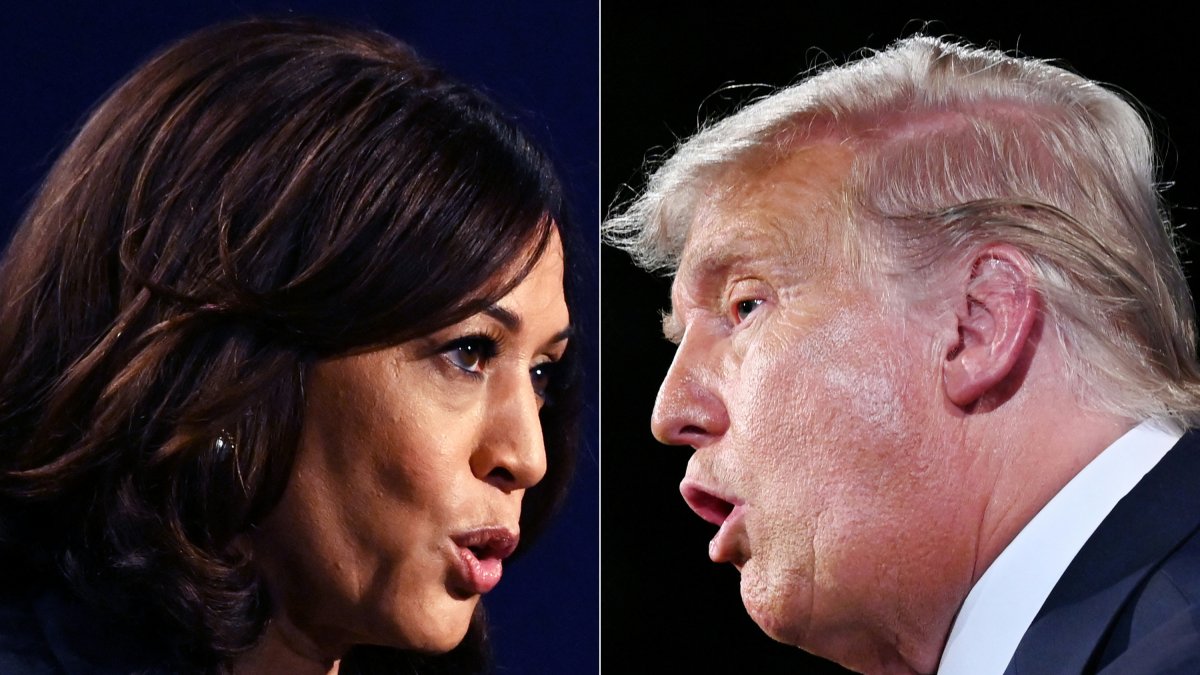Kamala or Trump: Which candidate is better for the cryptocurrency industry?
With days to go before the presidential election, renowned political consultant Emmanuel Rincón spoke with VOZ about the relationship both presidential candidates have with the crypto world.

Kamala Harris and Donald Trump
Emmanuel Rincón, director of political consultancy Regional Renaissance, said on VOZ's cryptocurrency podcast, "Cripto VOZ," that between the two candidates for the U.S. presidency, Donald Trump and Kamala Harris, only the former supports the digital currencies industry.
According to the renowned political consultant, Harris and the Democrats have for many years opposed the crypto industry and have tried to put "every possible hindrance" on Bitcoin and cryptocurrencies in general.
On the other hand, he stated that Trump has changed his stance on digital currencies, as previously the Republican candidate had spoken out against Bitcoin and the other crypto assets. "I thought he was going against the U.S. dollar," Rincón maintained.
However, he noted that a group of people who understand cryptocurrencies and their purpose approached Trump to offer him the necessary explanations, which is why he is currently in favor of Bitcoin and wants this industry to "grow and expand in the United States."
Recently, Trump and his sons, Donald Jr. and Eric, launched a cryptocurrency company called World Liberty Financial. According to the presidential candidate, they did so to ensure the dominance of the dollar. However, Rincón remarked that "they are currencies that are going to compete" and that Bitcoin is not going to favor either of them.
The consultant highlighted the importance of a cryptocurrency such as Bitcoin, as it cannot be controlled by the world's governments. "It is a currency of freedom," he expressed. "It cannot be under the control of central banks," he added.
Rincón also criticized the sector of the cryptocurrency industry that supports the Democrats. "I don't understand it," he argued. He compared it to members of the Jewish community or Hispanics who vote Democratic. He suggested, however, that these could be people who have been victims of propaganda that demonizes Trump.

























